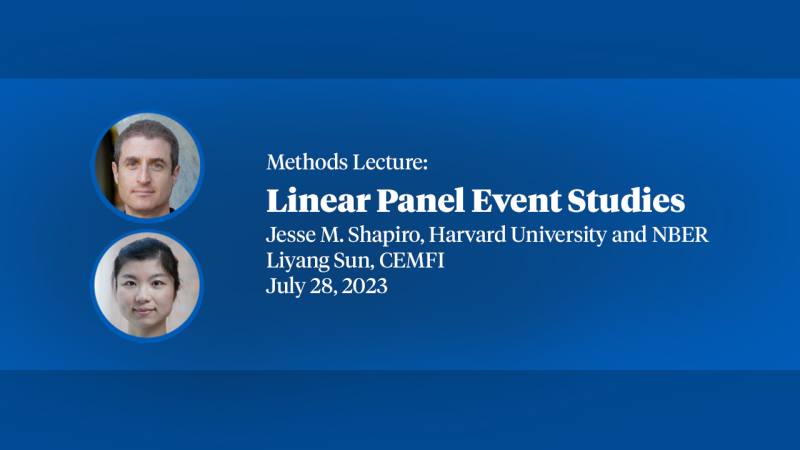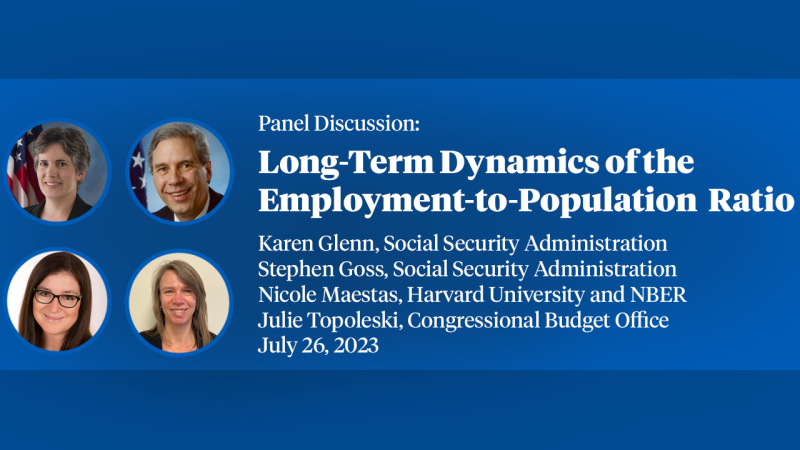Corruption Deters Foreign Investment
... a worsening in a host government's corruption level from that of Singapore to that of Mexico is equivalent to about a 21 percentage point increase in the marginal tax rate for foreign investors.
From the booming "tigers" of East Asia to the rapidly liberalizing markets of Latin America, corruption has become a significant drag on attracting much-needed foreign direct investment (FDI), in some instances acting with the prohibitive power of a 20 percent tax hike, according to an NBER study by Shang-Jin Wei. In How Taxing is Corruption on International Investors (NBER Working Paper No. 6030), he analyzes bilateral investment flowing from 14 source countries, including the seven largest investors in the world, to 45 host countries. He finds corruption to be on a par with high taxation in terms of its negative effect on investment.
Wei examines a number of traits that can have either a positive effect on investment - such as geographical proximity, shared language, and (for some countries) low labor costs - or a negative effect on investment -- such as taxation and political instability. Consistently emerging in Wei's analysis is the fact that, even after correcting for numerous variables, "more corrupt host countries receive less foreign investment."
Wei's gauge of corruption was derived from two well-known sources: surveys conducted by Business International (BI), now a part of the Economist Intelligence Unit, and Transparency International, which is dedicated to fighting corruption worldwide. Employing a 1-10 scale (with 10 being the highest level of corruption), Wei asserts that "a worsening in a host government's corruption level from that of Singapore (with a BI rating of zero) to that of Mexico (with a BI rating of 6.75) is equivalent to about a 21 percentage point increase in the marginal tax rate for foreign investors."
Wei also uses his data to explore two controversial issues involving the link between investment and corruption: 1) because of their cultural and institutional peculiarities, corruption has a smaller effect in East Asia; and 2) corruption has a particularly depressive effect on investors from the United States, because it is the only major source country that makes bribing foreign officials punishable by fines or jail terms. Wei's data refute both of these hypotheses. Looking at East Asian countries, Wei sees "no support for the hypothesis that corruption in East Asia has no or reduced effect" on foreign investment. "Within East Asia, foreign investors would still prefer to go to a less corrupt host country...just as they do elsewhere." As for U.S. investors being more sensitive to corruption, Wei concludes that "American investors are averse to host country corruption but not necessarily more so than other investors, in spite of their unique Foreign Corrupt Practices Act."
Finally, Wei addresses the issue of China, a country where corruption is believed to be rife but which is also the recipient of a high volume of foreign investment. He notes that investment in China "from the ten largest source countries in the world...accounts for a relatively small portion of total FDI going to China." His earlier paper shows that China "is in fact an underachiever as a host for (investment) from the major source countries, which "is consistent with the inference in this paper that investors from the major source countries prefer to go to less corrupt countries."


